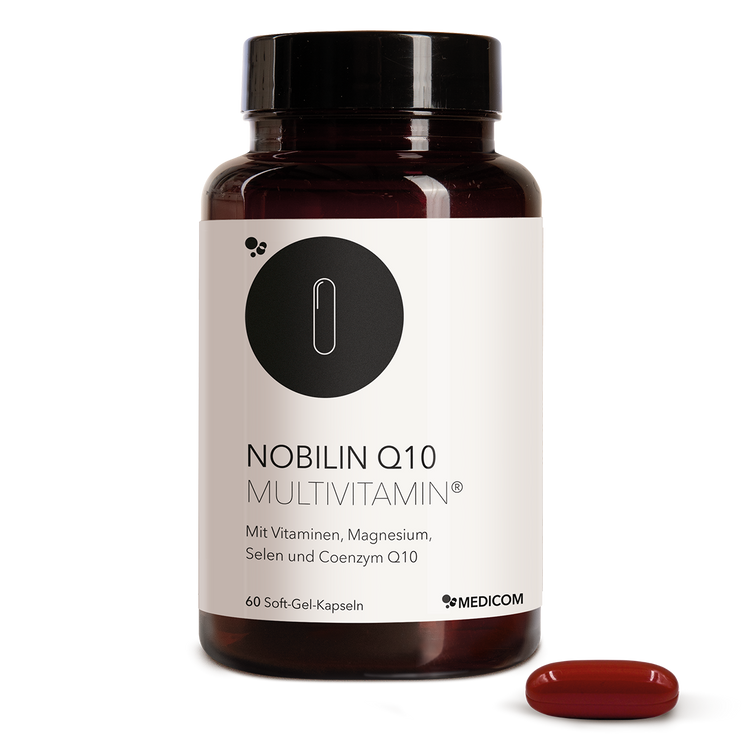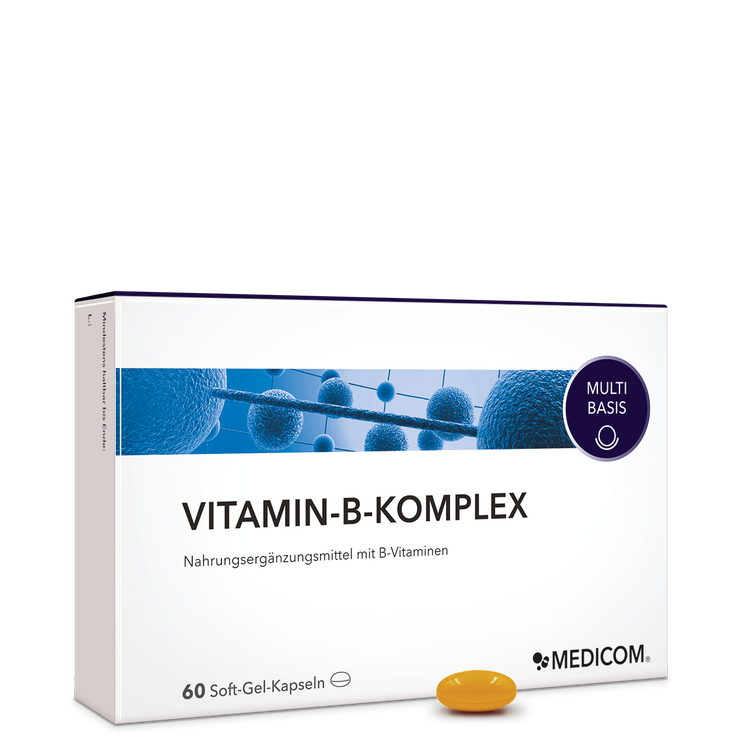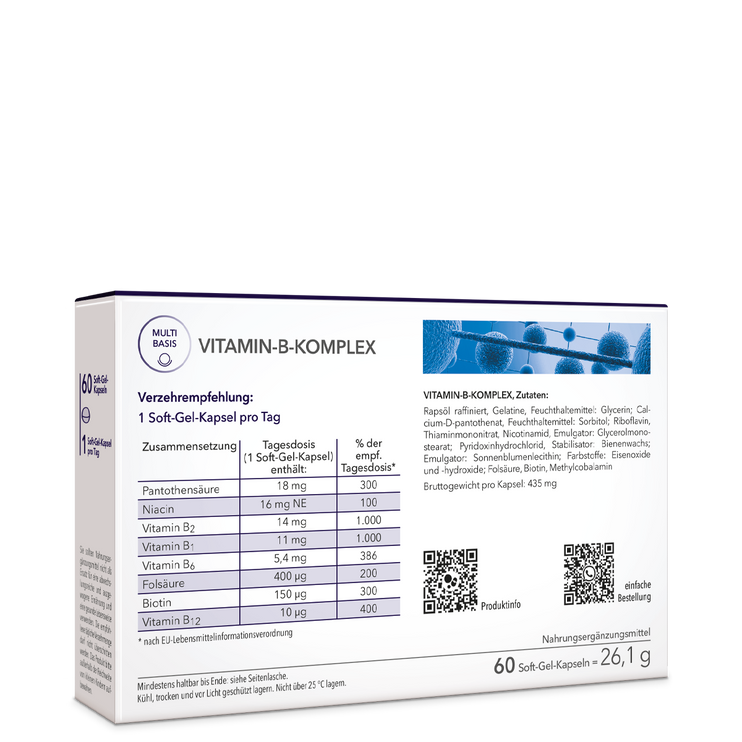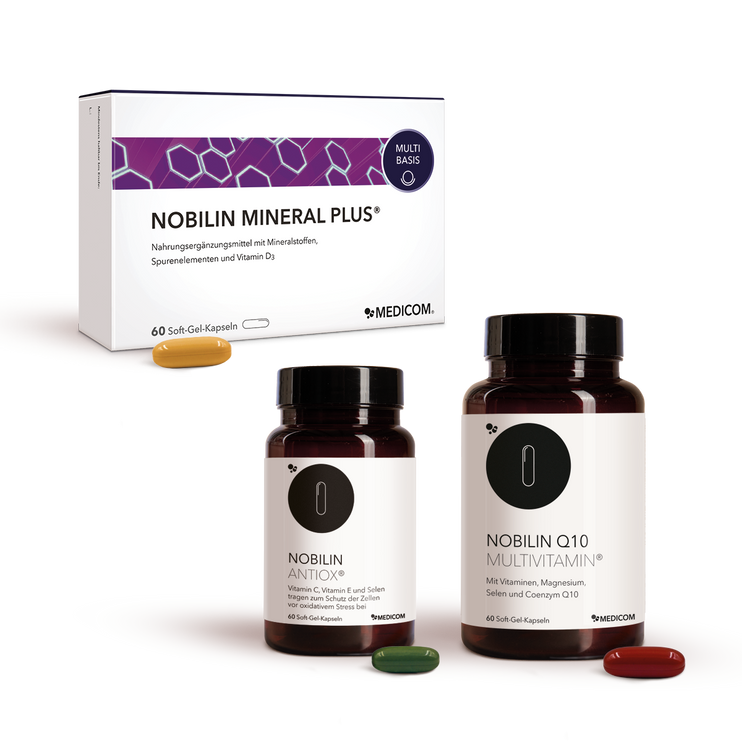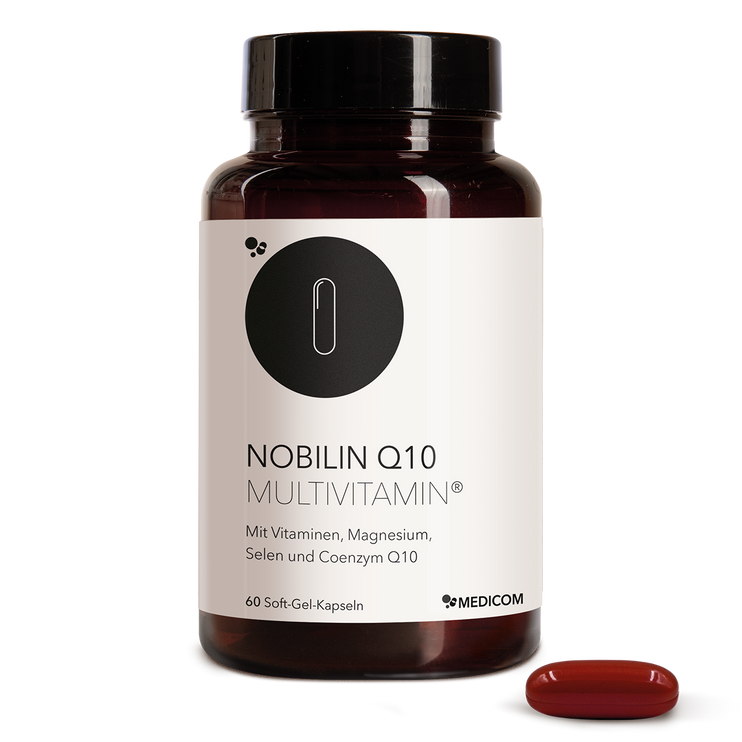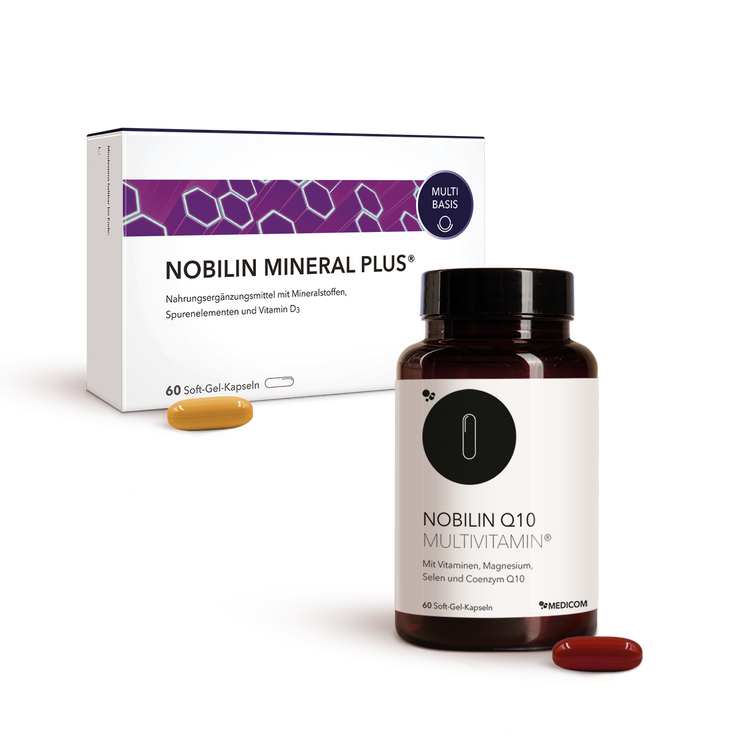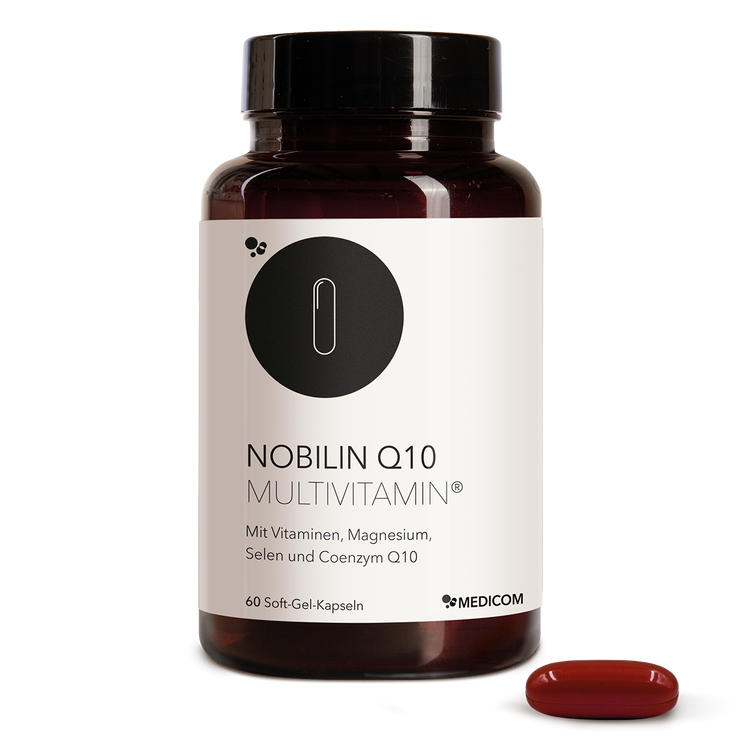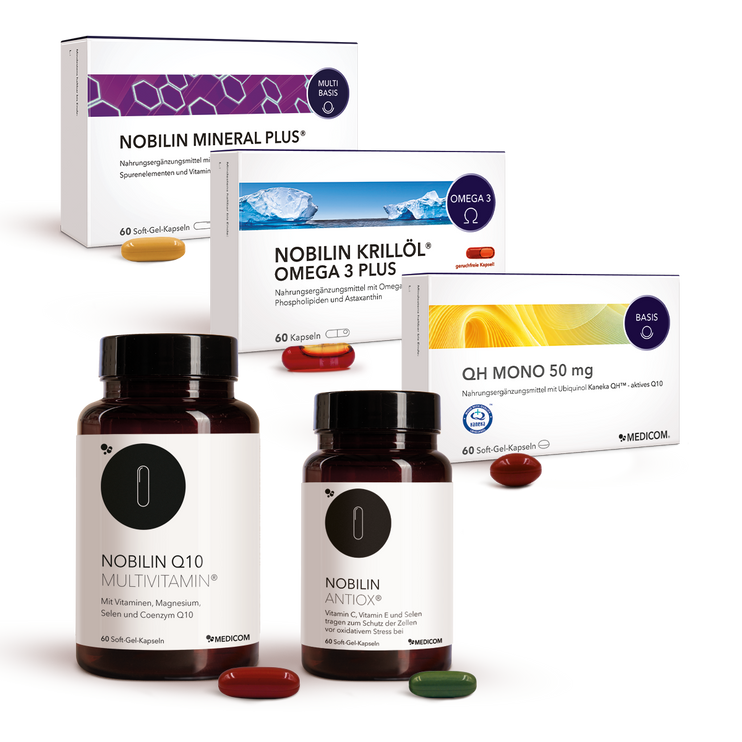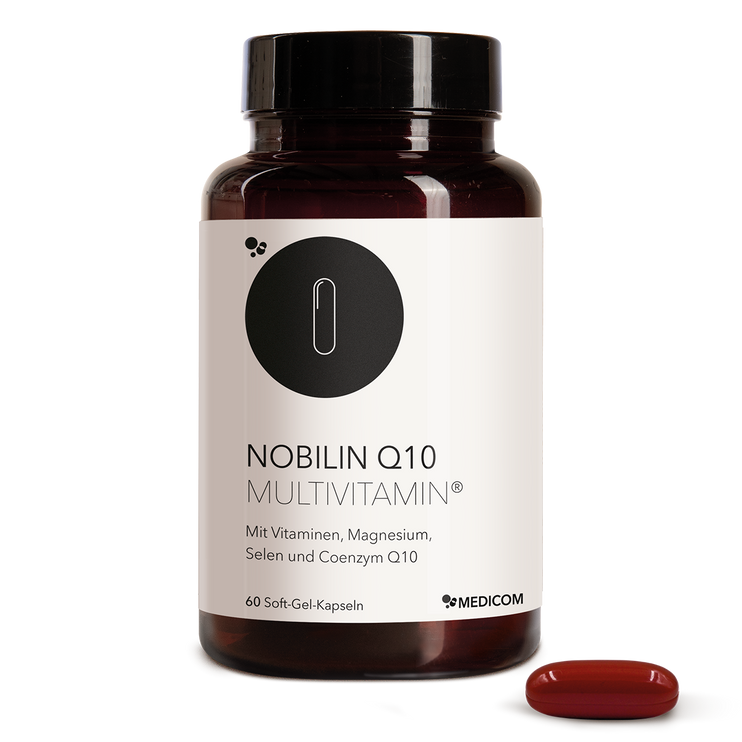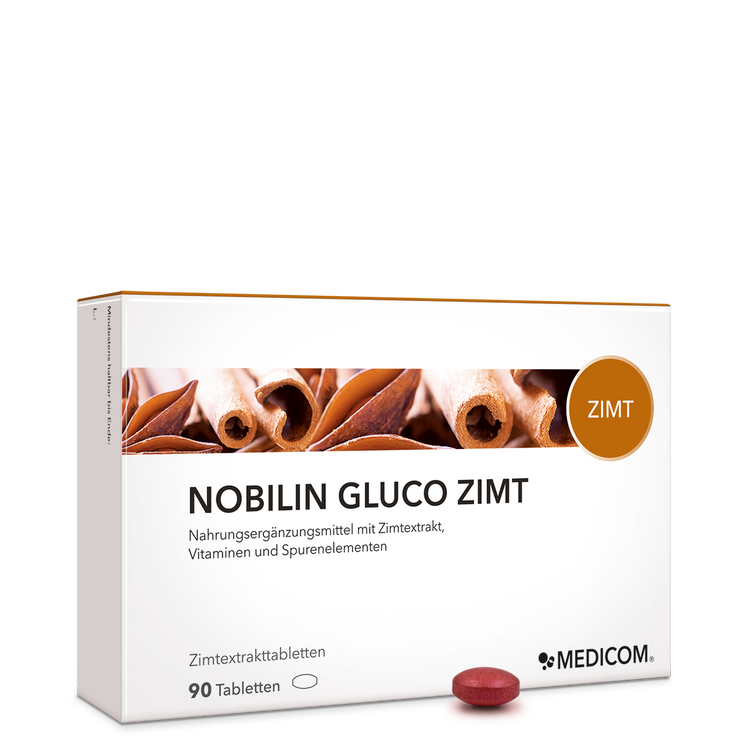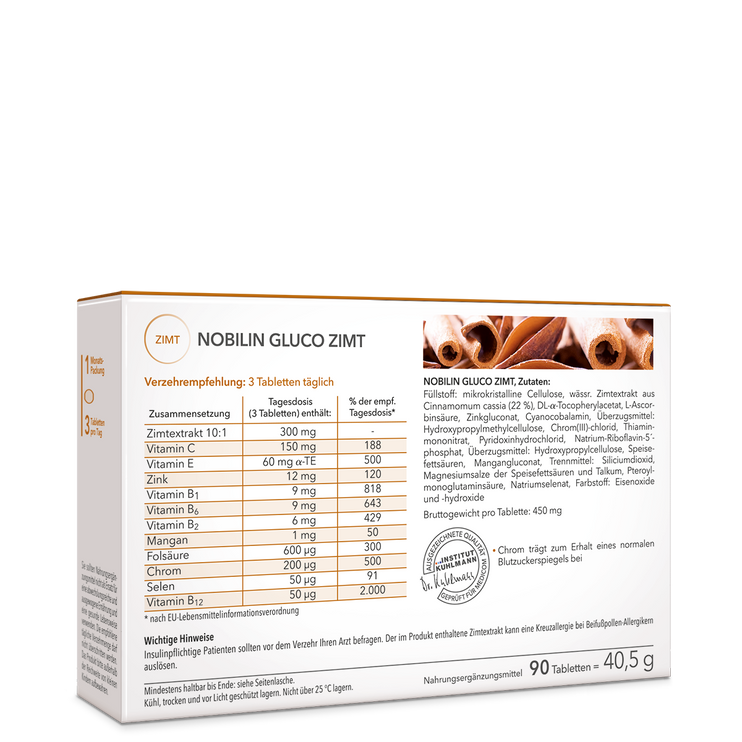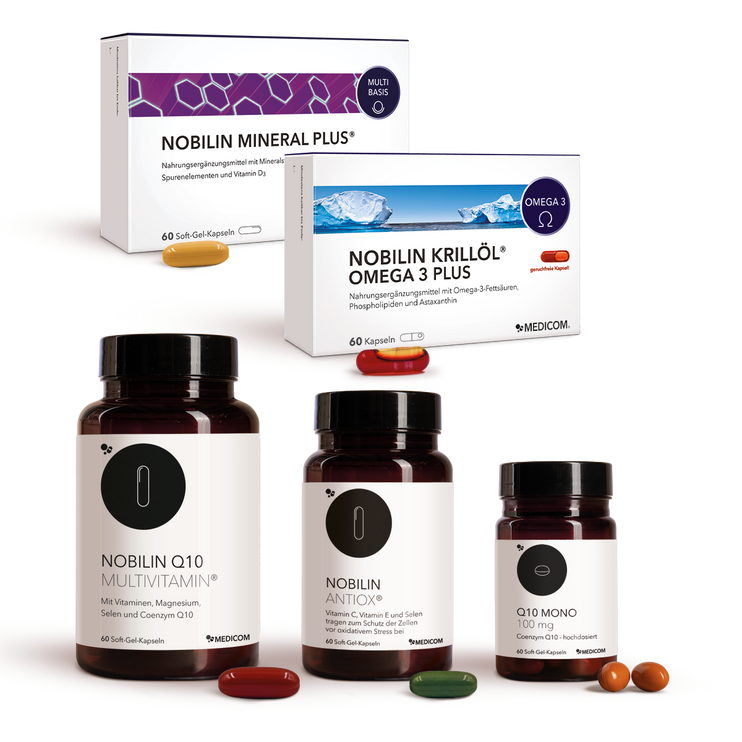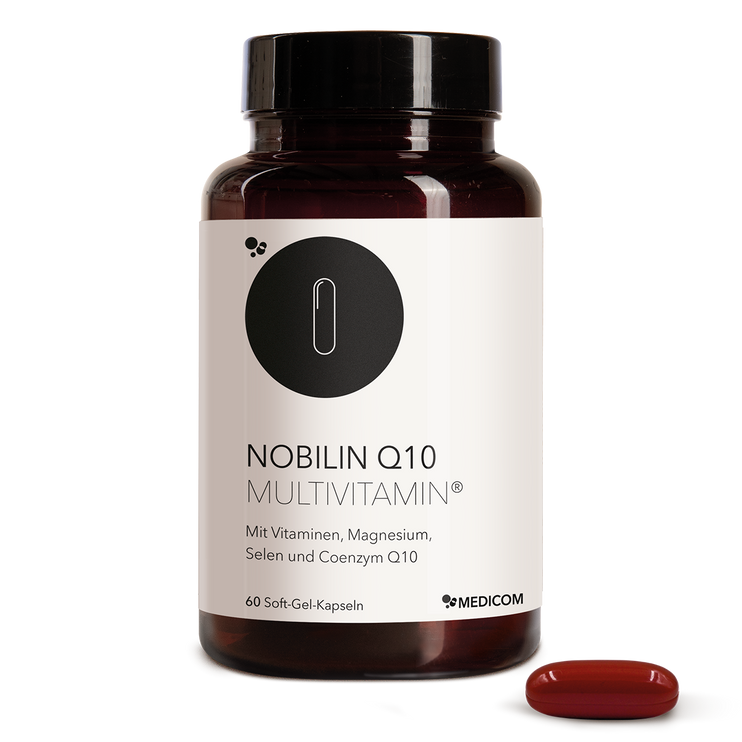The water-soluble vitaminThiaminereceived the designationVitamin B1because it was the first compound of the vitamin B group that scientists were able to isolate. The body hasonly a very small storage capacityfor vitamin B1, so a regular intake of this vitamin is necessary to avoid deficiency symptoms.
Vitamin B1occurs only in a few foods in large quantitiesand is unfortunately completely missing in many foods we frequently consume (e.g., industrial sugar, white flour, hulled rice, oils, and fats). Since thiamine is a water-soluble and heat-sensitive vitamin, further thiamine loss occurs when washing and cooking vegetables.
What are the functions of vitamin B1?
The main function of vitamin B1 is that of a coenzyme. Without its coenzyme, an enzyme cannot function. For example, vitamin B1 supports enzymes of theCarbohydrate metabolismand is therefore suitable for bothEnergy generationfrom carbohydrates and sugar as well as for theEnergy storagerequired. It is also involved in the synthesis of fatty acids and cholesterol.
Vitamin B1 also ensures that ourAnnoycommunicate properly with each other, because it is up toNerve transmissioninvolved.
Vitamin B1 is also important for the muscles and for theHeartVitamin B1 is also needed in cases of elevated blood glucose levels, such as those caused by poorly controlledDiabetes mellitusThiamine canprotect against the development of late diabetic complications.
Use of vitamin B1
An additional intake of thiamine or vitamin B1 as a dietary supplement, for example in the form of capsules or tablets, is recommended in the case ofDeficiency: e.g. due to alcoholism, digestive and absorption disorders and liver dysfunction.
Vitamin B1 supplements also help with increased needsduring pregnancy and breastfeeding as well as in dialysis patients.
Which foods contain vitamin B1?
Significant amounts of vitamin B1 are found in whole grain products, legumes, unpolished brown rice, corn, potatoes, mushrooms, peas, zucchini, fennel, fish, offal and muscle meat.
Am I lacking vitamin B1?
A high consumption ofAlcohol, coffee and teaworsens thiamine supply. Intensive physical training, fever, stress, burns,Hyperthyroidism, liver disease and pubertal growth of adolescents increase the need for thiamine.Drug use, which is often necessary in cases of chronic or serious illnesses, but also when taking thebirth control pillYou should pay particular attention to ensuring you have an adequate supply of thiamine, otherwise a deficiency can occur.
If one of the following applies, your supply of vitamin B1 could be too low:
* Do you eat too few whole grain products and legumes?
* Do you drink alcohol regularly?
* Do you eat a very one-sided diet?
* Do you drink excessive amounts of coffee and tea?
